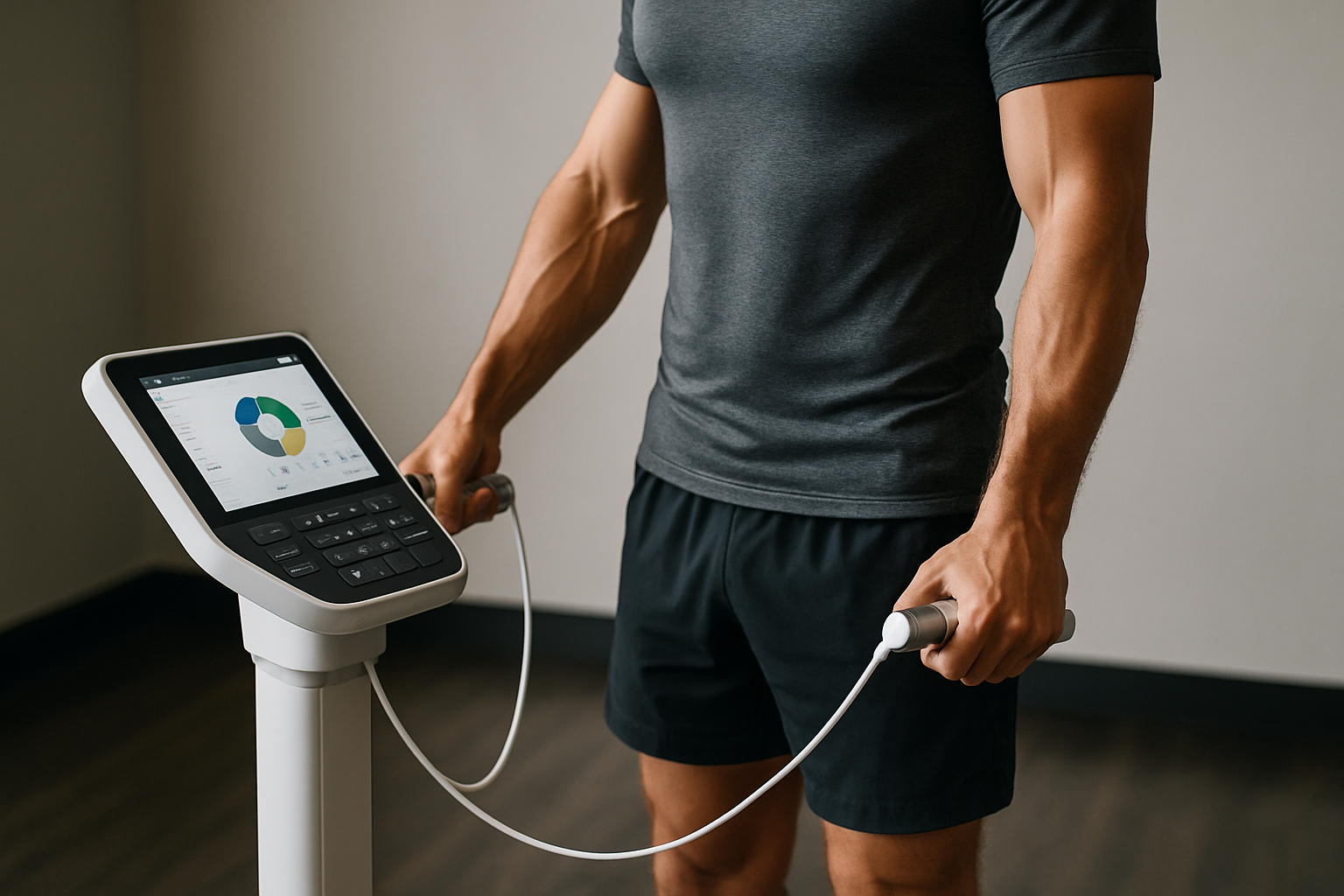Chronobiology: Aligning Your Life with Nature's Rhythms
In a world where 24/7 connectivity and artificial light have become the norm, we've strayed far from our natural biological rhythms. But what if the key to optimal health and well-being lies in syncing our lives with nature's cycles? Welcome to the fascinating world of chronobiology – the study of how our internal clocks interact with external cues to regulate our physical, mental, and behavioral processes.

The Ticking of Our Internal Clocks
Chronobiology is rooted in the concept of circadian rhythms – the approximately 24-hour cycles that govern various physiological processes in our bodies. These rhythms are controlled by a master clock in our brain, known as the suprachiasmatic nucleus (SCN), which responds to environmental cues, primarily light and darkness.
Our internal clocks influence everything from hormone production and body temperature to metabolism and sleep-wake cycles. Understanding and working with these natural rhythms can have profound effects on our health, productivity, and overall quality of life.
The Science Behind Chronotypes
Not everyone’s internal clock ticks to the same beat. Chronotypes refer to individual differences in circadian rhythms, often categorized as early birds (morning larks), night owls, or those who fall somewhere in between. These chronotypes are influenced by genetics, age, and environmental factors.
Recent research has shown that aligning our daily activities with our chronotype can lead to improved cognitive performance, better mood regulation, and even enhanced physical health. For instance, night owls forced into early morning schedules may experience chronic sleep deprivation and associated health risks.
Chronobiology and Mental Health
The link between chronobiology and mental health is a burgeoning area of research. Disruptions to our circadian rhythms have been associated with various mood disorders, including depression, bipolar disorder, and seasonal affective disorder (SAD).
Light therapy, which involves exposure to bright light at specific times of day, has shown promise in treating these conditions by resetting the body’s internal clock. Moreover, chronotherapy – the strategic timing of sleep and wake cycles – is emerging as a potential treatment for certain psychiatric disorders.
Optimizing Performance Through Chronobiology
Athletes and high-performers are increasingly turning to chronobiology to gain a competitive edge. By understanding their individual circadian rhythms, they can optimize training schedules, meal timing, and even travel strategies to minimize jet lag’s impact on performance.
For example, research has shown that muscle strength and flexibility peak in the late afternoon for many individuals. By scheduling high-intensity workouts during this window, athletes may be able to maximize their training benefits and reduce injury risk.
Chrononutrition: Eating in Sync with Your Body Clock
The field of chrononutrition explores how the timing of our meals interacts with our circadian rhythms to influence metabolism, weight management, and overall health. Our bodies process nutrients differently depending on the time of day, due to fluctuations in hormone levels and enzyme activity.
For instance, insulin sensitivity is typically highest in the morning, suggesting that larger, carbohydrate-rich meals might be better tolerated earlier in the day. Conversely, eating late at night, when our bodies are preparing for sleep and repair, may disrupt metabolic processes and contribute to weight gain.
Chronobiology in the Workplace
As our understanding of chronobiology grows, progressive companies are rethinking traditional work schedules. Flexible working hours that accommodate different chronotypes can lead to increased productivity, improved employee well-being, and reduced burnout.
Some organizations are experimenting with chronotype-based team assignments, matching early birds with morning tasks and allowing night owls to tackle evening projects. This approach not only optimizes individual performance but also ensures round-the-clock coverage in global businesses.
Chrono-Hacks for Better Living
-
Expose yourself to natural light upon waking to help reset your circadian clock
-
Maintain consistent sleep and wake times, even on weekends
-
Avoid blue light from screens at least 2 hours before bedtime
-
Time your meals to align with your body’s natural metabolic rhythms
-
Schedule important tasks and meetings during your peak alertness hours
-
Consider your chronotype when planning your exercise routine
-
Use light therapy to combat seasonal mood changes or jet lag
As we continue to unravel the mysteries of our internal clocks, it’s clear that chronobiology holds immense potential for improving our health, productivity, and overall well-being. By aligning our lives with nature’s rhythms, we can tap into our body’s innate wisdom and optimize our physical and mental performance. The key lies in understanding and respecting our individual chronotypes while creating environments and schedules that support our natural cycles. Embrace the power of chronobiology, and you may find yourself living a more harmonious, energized, and balanced life.






